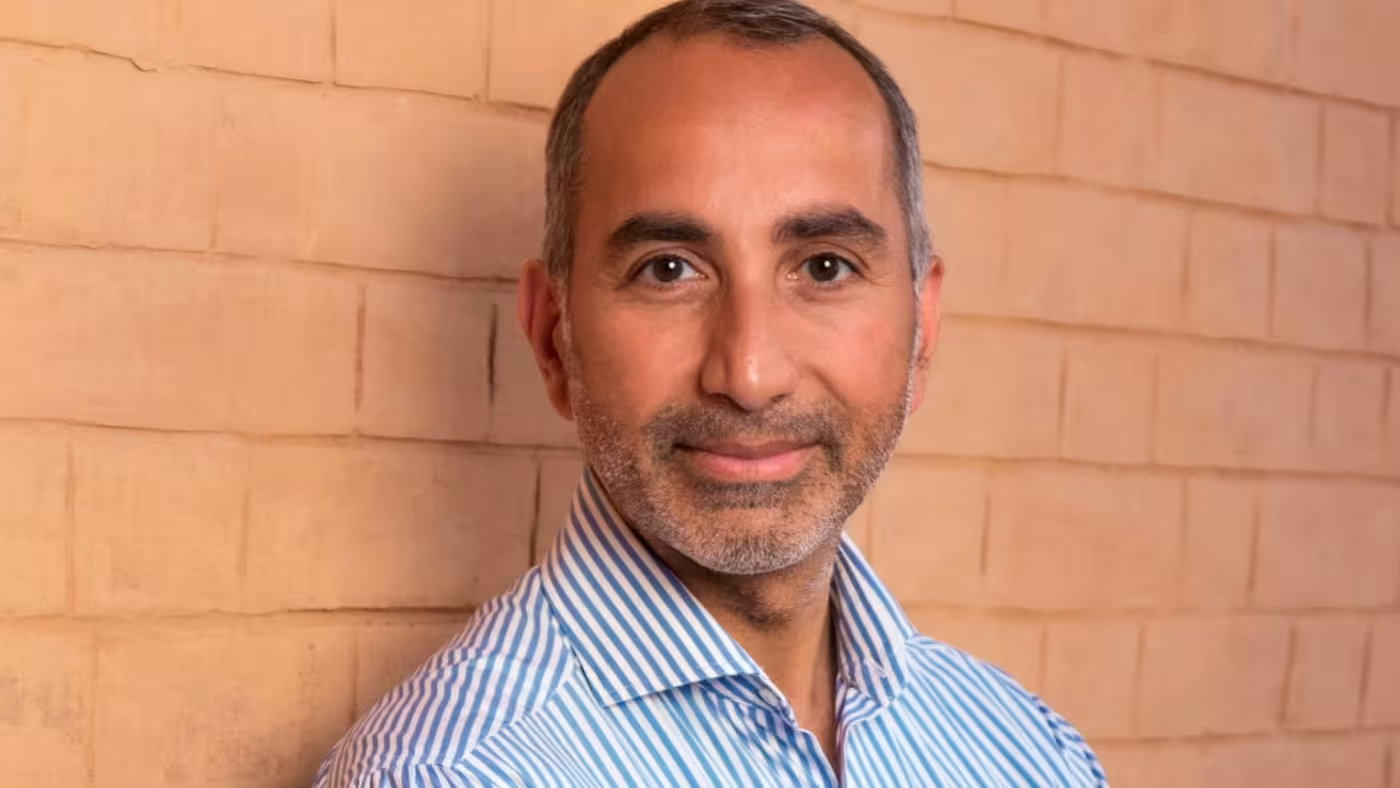Kenya’s National Assembly considers a petition to ban TikTok. The petition, submitted by Bob Ndolo, CEO of Bridget Connect Consultancy, cites inadequate regulation and concerns about explicit content.
Kenya’s National Assembly is considering a petition to ban the social media platform, TikTok. Bob Ndolo, CEO of the digital consulting firm Bridget Connect Consultancy, submitted the petition to the assembly. According to Ndolo, the country’s Communications Authority has failed to regulate the social media platform, which he claims is promoting violence, explicit sexual content, hate speech, and offensive behaviour among the youth. The news has been received with mixed reactions from Kenyans. The assembly is considering the petition but has suggested that a complete ban may be impossible due to the growing socioeconomic significance of the platform among young people.
[ad]In his petition, Ndolo says that the lack of regulation and the app’s addictive nature could cause a decline in academic performance and a rise in mental health issues among Kenya’s young people. He also referenced the scrutiny the company is facing in the U.S., where the company has been fined for illegally collecting data and accused of sharing a significant amount of data on its users, including information about their devices, locations, and browsing history, with third-party companies without users’ consent.
The news has sparked mixed reactions in Kenya. On one side of the fence, some stand with Ndolo, the petitioner referencing a trend of Kenyan TikTokers, making sexual videos on TikTok lives at night. “Switch to LIVE videos (from 10 pm onwards) and you’ll see children, men, and women exposing themselves,” one Kenyan tweeted. Meanwhile, there’s another camp that believes the assembly might be chasing shadows. They think that instead, the government should redirect its energy to advocating for the ban of pornography sites like the Pornhub ban in Kenya or just focus on salvaging the economy. “They can’t ban corruption but are so concerned about an app that some folks are depending on as their source of income. They should prioritize reviving industries, creating jobs for the youth, and locking up those corrupt leaders. It’s an absolute garbage of an idea,” argues Miruthi, another Kenyan.
Then there’s Samuel Ochanji, who waves off the TikTok ban petition as a futile exercise. According to him, even if it’s outlawed, Kenyans will just leapfrog the restrictions using VPNs.
Ndolo’s petition was heard about two weeks after Kenya’s ICT Cabinet Secretary Eliud Owalo promised to work with the National Assembly to regulate night TikTok live sessions that have been flagged for airing immoral content. Ndolo also reportedly hinted at a plan to amend the Computer Misuse and Cyber Crimes Act to protect Kenyans from pornographic content shared on TikTok.
However, Majority Leader Kimani Ichung’wah has suggested that a complete ban on TikTok would result in thousands of young Kenyans losing their livelihoods. The World Population Review (WPR) shows that 27 percent of the Kenyan population of 54,027,487 is on TikTok, and many of them are creators, publishing entertaining content for direct or indirect financial gain or selling their products and services online. Minority Leader Opiyo Wandayi explained that banning the app would be a step backwards in an increasingly digital age.
The assembly seems to be leaning towards heavily regulating the platform instead. Kirinyaga Woman Representative Jane Njeri said, “I use [TikTok] to impact the children. Young people on the platform are making a living, and we cannot entirely do away with the content. Perhaps what we can prioritize is the regulation of social media platforms, including TikTok.” The Kikuyu MP has advised Ndolo to petition instead for the regulation of the platform, including the age limit and the content. He has also suggested fines for anyone who shares explicit content.
In Kenya, there are mixed reactions to the news. While some side with the petitioner, Ndolo. “When you switch to LIVE videos (from 10 pm onwards), you’ll see Kenyan children, men/women exposing themselves.” Others think the assembly is barking up the wrong tree. “They can’t ban corruption but are so concerned about an app that some folks depend on as their source of income. They should prioritize reviving industries, creating jobs for the youth, and locking up those corrupt leaders. It’s an absolute garbage of an idea.” Another Kenyan, Samuel Ochanji, says the petition to ban TikTok is an exercise in futility as Kenyans will still access the app via VPN.




















